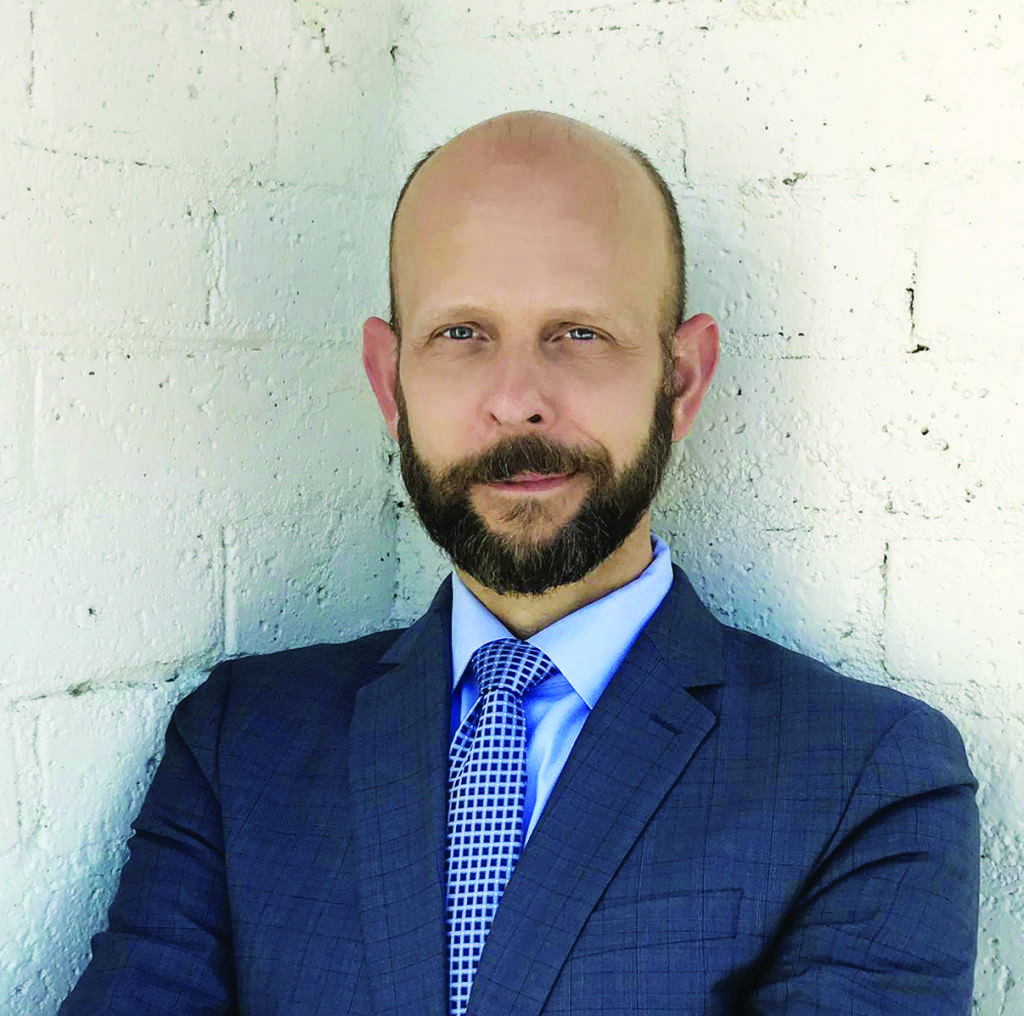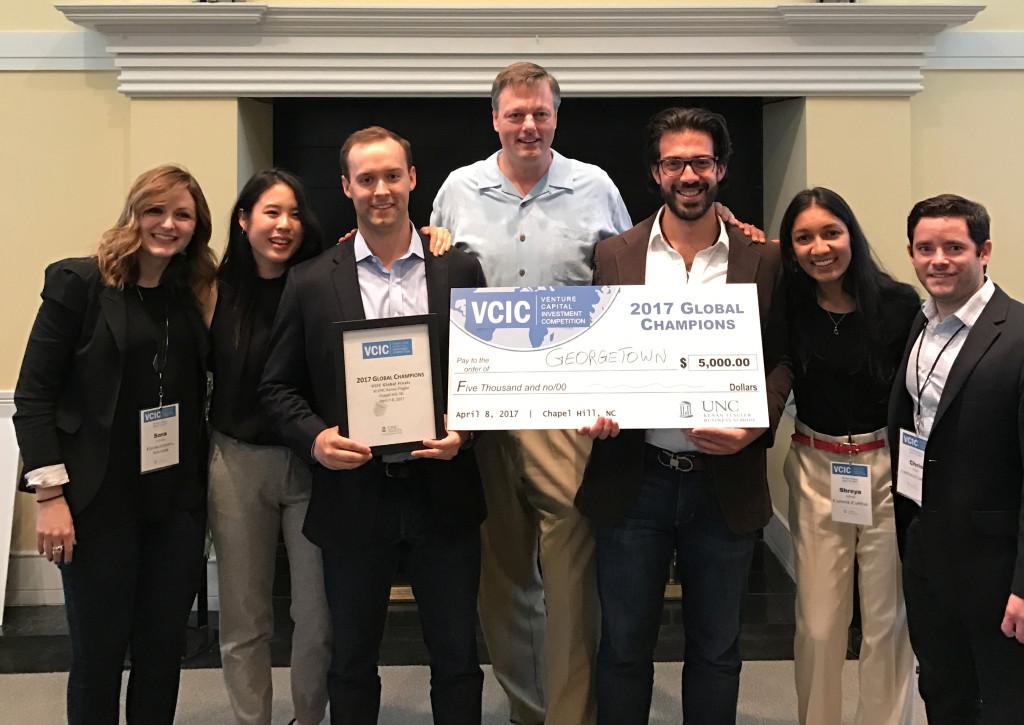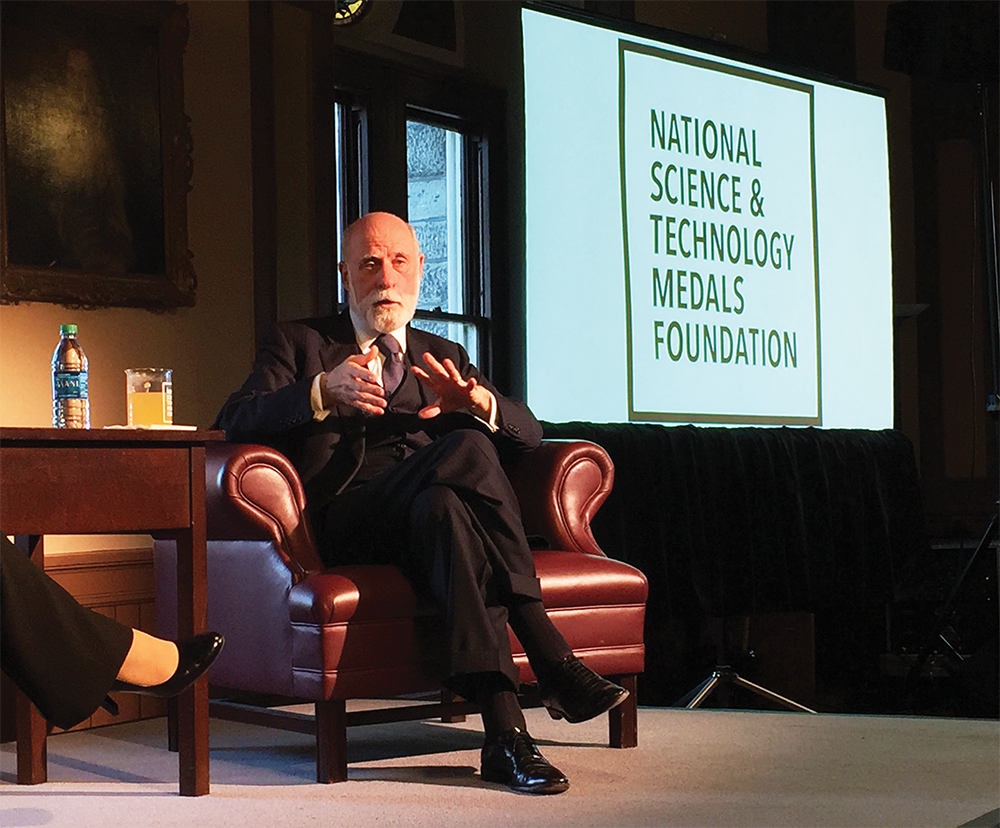In order to quickly transform an idea into a product, you need to know how to code.
Don’t just take it from me. Take a look at some of the most successful collegiate entrepreneurs of all time: Mark Zuckerberg, Bill Gates, Michael Dell, Jerry Yang and David Filo, Steve Wozniak, Larry Page and Sergey Brin, Marc Andreessen, Steve Huffman and Alexis Ohanian.
These entrepreneurs went on to create companies such as Facebook, Microsoft, Dell, Yahoo, Apple, Google, Netscape and Reddit, and they all have one thing in common (besides all ultimately dropping out of college): They knew how to program.
These weren’t just college kids with big ideas — they were college kids with big ideas who also had the skill set to realize them. In order for college entrepreneurs of today to quickly transform an idea into a technological product — which is what most start-ups consist of these days — they need to know how to code. Without that ability, they will spend tens of thousands of dollars (which they likely don’t have) just to get a simple product up and running, and the first idea is rarely the one that actually works.
Twitter started off as a SMS service to help small groups communicate, Flickr began as a chat room and Groupon was initially an online auction and fundraising platform. The idea is often not the most important part of a start-up; rather, the team’s ability to execute and adapt to an ever-changing marketplace is what makes the difference. Programming skills allow founders to redefine their product without wasting additional resources. As start-ups grow and develop, it is natural for the founders’ efforts to shift toward management and fundraising and away from coding, but until that point, the founders need to be able to technologically support their product.
Georgetown has been pushing a strong entrepreneurship agenda over the past few years, and there are increasingly more opportunities for entrepreneurs on campus. I am a huge supporter of this effort, and Georgetown has done a fantastic job getting students excited about entrepreneurship. However, the university falls short when it comes to motivating students to learn how to code and offering computer science courses.
The solution is twofold. First, the university needs to examine its computer language offerings and better align them to the needs of student entrepreneurs. Unlike many of the traditional and theoretical computer science offerings, modern languages such as HTML5, CSS3, Javascript, jQuery, PHP, MySQL and Ruby are not difficult to learn and provide students with an immediate toolkit to turn ideas into reality. This will allow students to launch applications without being forced to acquire seed funding, hire developers and possibly give up equity. Those distractions only end up taking away from the quality of the product.
Second, Georgetown needs to put a stronger emphasis on learning how to code as part of its entrepreneurship campaign. The university claims to be teaching students how to become entrepreneurs when it doesn’t provide them with the most basic skills needed to do so. There are only so many product development, marketing, recruiting and sales roles in the start-up world, and even those jobs are often reserved for people who know the technological capabilities of the product.
From the mouth of Zuckerberg himself: “I started building Facebook because I wanted to use it in college … we weren’t looking to start a company.” If Georgetown is to foster the next great college tech entrepreneurs, it must be sure that those future innovators have the skill set to succeed.
Spencer Walsh is a junior in the McDonough School of Business. He received the Young Entrepreneur of the Year award in 2010 from the National Federation of Independent Business.








